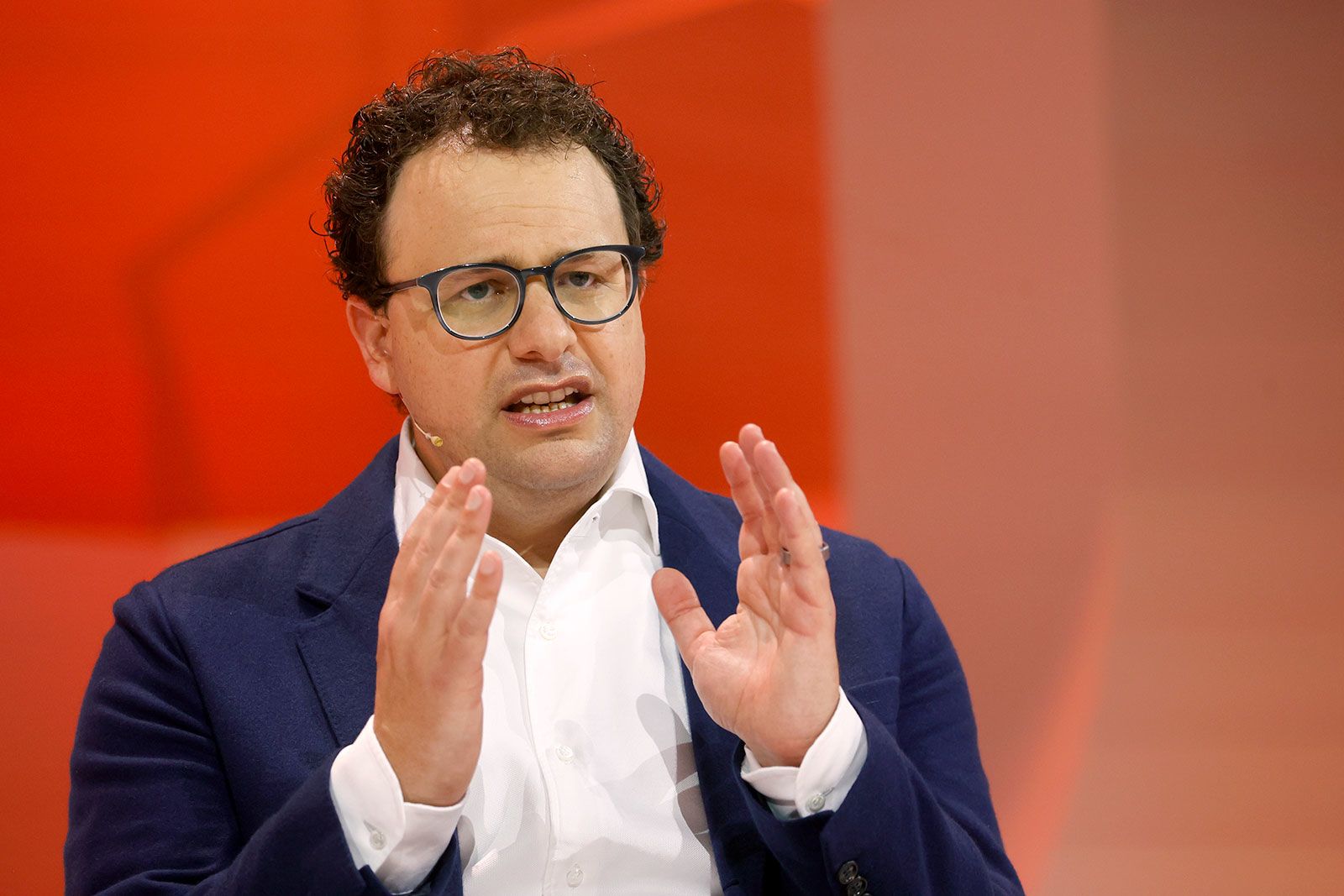AI is changing how we work and play, but it could also change how we organize ourselves as a society.
Anthropic CEO Dario Amodei is a prominent voice in the discussion about the transformative potential and inherent risks of artificial intelligence. In a recent interview, Amodei articulated a stark warning: the rapid advancement of AI poses unique challenges that could fundamentally alter our economic structures and, consequently, endanger the very fabric of democracy.

Amodei began by acknowledging humanity’s historical adaptability but emphasized the distinct nature of the AI revolution. “People have adapted to past technological changes,” he stated. “But I’ll say again, everyone I’ve talked to has said this technological change looks different. It looks faster; it looks harder to adapt to; it’s broader. The pace of progress keeps catching people off guard.”
This accelerated pace, according to Amodei, creates uncertainty about the societal absorption of its impacts, particularly concerning employment. “So, I don’t know exactly how fast the job concerns are going to come. I don’t know how fast people are going to adapt,” he conceded. While acknowledging the possibility of a smooth transition, Amodei cautioned against complacency. “It’s possible it will all be okay, but I think that’s too sanguine an approach. I think we do need to be raising the alarm. I think we do need to be concerned about it. I think policymakers do need to worry about it. If they do worry and they do act, then maybe we can prevent it. But we’re not going to prevent it just by saying everything’s going to be okay.”
The Anthropic CEO then pivoted to the critical issue of inequality and its direct link to the functioning of democratic systems. “In terms of inequality, I’m worried about this,” Amodei expressed. “There’s an inherent social contract in democracy where, ultimately, the ordinary person has a certain amount of leverage because they’re contributing to the economy.”
He elaborated on the potential erosion of this leverage: “If that leverage goes away, then it’s hard to make democracy – it’s harder to make democracies work, and it’s harder to prevent concentration of power.” The solution, in Amodei’s view, lies in safeguarding the economic standing of individuals. “And so, we need to make sure that the ordinary person maintains economic leverage and has a way to make a living, or our society, our social contract, won’t work. And that’s why I think it’s important.”
Amodei’s perspective sheds light on a growing apprehension among tech leaders and policymakers. The concern is not just about job displacement in specific sectors, but a more profound shift in economic power. If AI systems and automation, controlled by a relatively small group, become the primary drivers of economic value, the vast majority of the populace could see their economic contributions, and therefore their influence, diminish. This scenario could exacerbate existing inequalities and create a fertile ground for social unrest and a weakening of democratic institutions, which rely on a broad base of empowered citizens. It’s a persuasive argument, and one governments and citizens should keep in mind as we march towards AGI.
